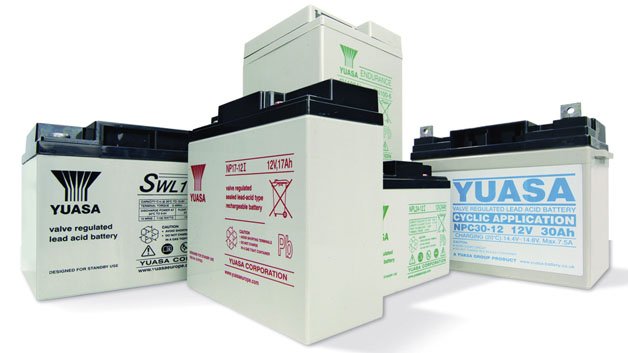
Borri UPS Battery Replacements
Leading brand battery replacements
Full battery or single block replacements
Batteries supplied for all UPS makes and models
For Help Finding your UPS Replacement Batteries, Please Select your UPS Manufacturer from below:

Why Batteries are so Important
An old or badly maintained battery set could affect the autonomy time of your uninterruptible power supply and result costly downtime should you get a mains failure.
All lead acid batteries, wet or gel, are prone to natural decay and have a design life of five, ten or twelve years. This is caused by metals and acid sharing the same plastic container.

How Age Affects Battery Life

Get a Battery Health Check
Our nationwide service is available 24/7 and includes safe licensed disposal of all waste.
Frequently Asked Questions
Its common knowledge that the battery system is the weakest link in a UPS and that battery failure is the leading cause of load loss and associated downtime.
Understanding how to correctly store, install, check and maintain a battery system will help prevent ultimate failure and also extend the service life of your current installation.
Lets take a look at some frequently asked questions when it comes the UPS batteries and battery maintenance.

Can you change batteries on any UPS system?
Do you only supply Yuasa batteries?
What does VRLA stand for?
VRLA batteries work on the oxygen recombination principle. However, the recombination process is not 100% efficient. So over time, the internal pressure increases, and a certain amount of gases have to be released to maintain the ideal pressure. This is achieved with the help of one-way, pressure-sensitive valves which open when the internal pressure increases above a certain threshold and allow the excess gases to be vented. That is why these batteries are called VRLA or valve regulated lead acid batteries. Excess gases are also produced if these batteries are overcharged or discharged at rates higher than the recommended rate.








